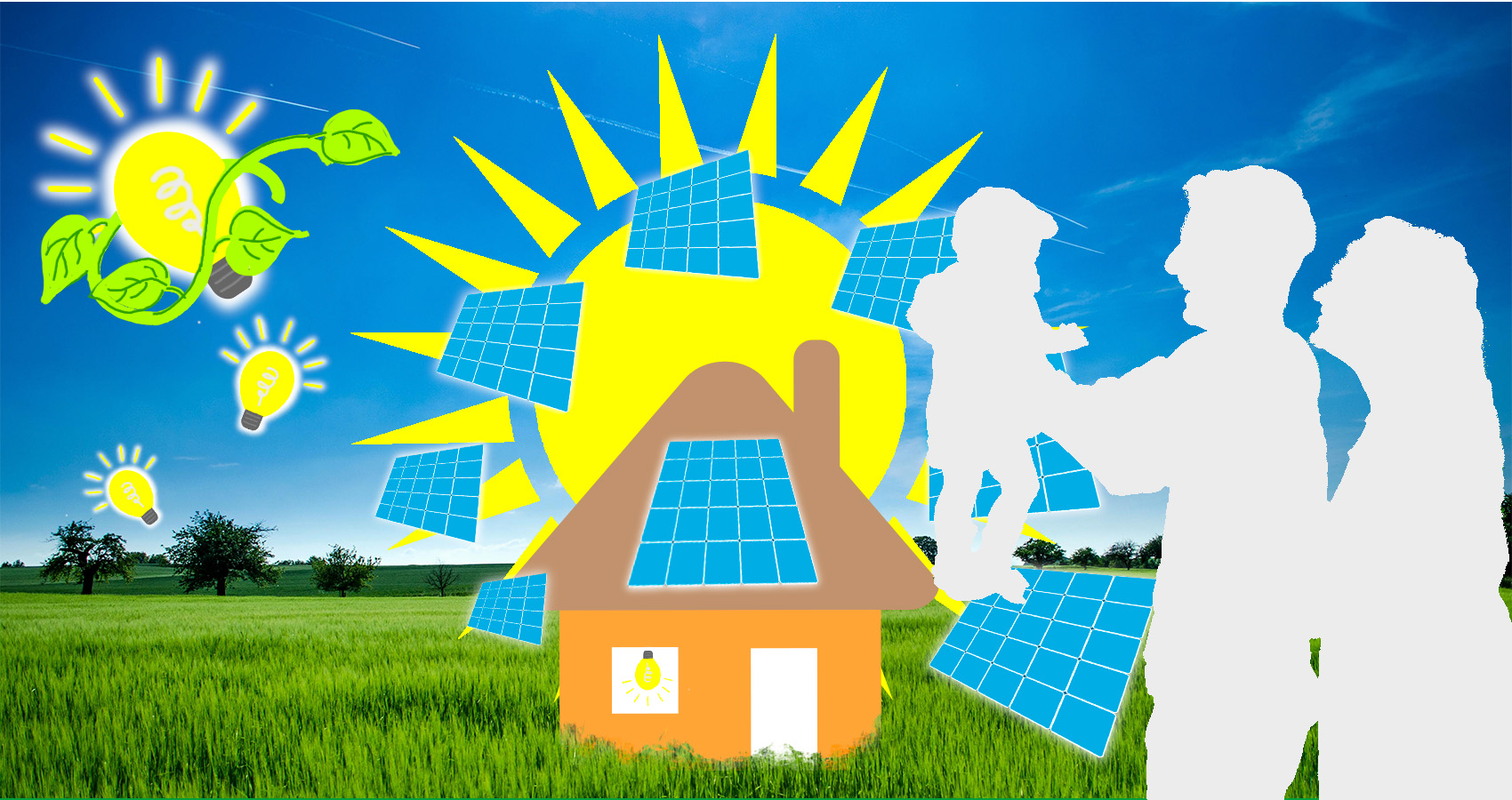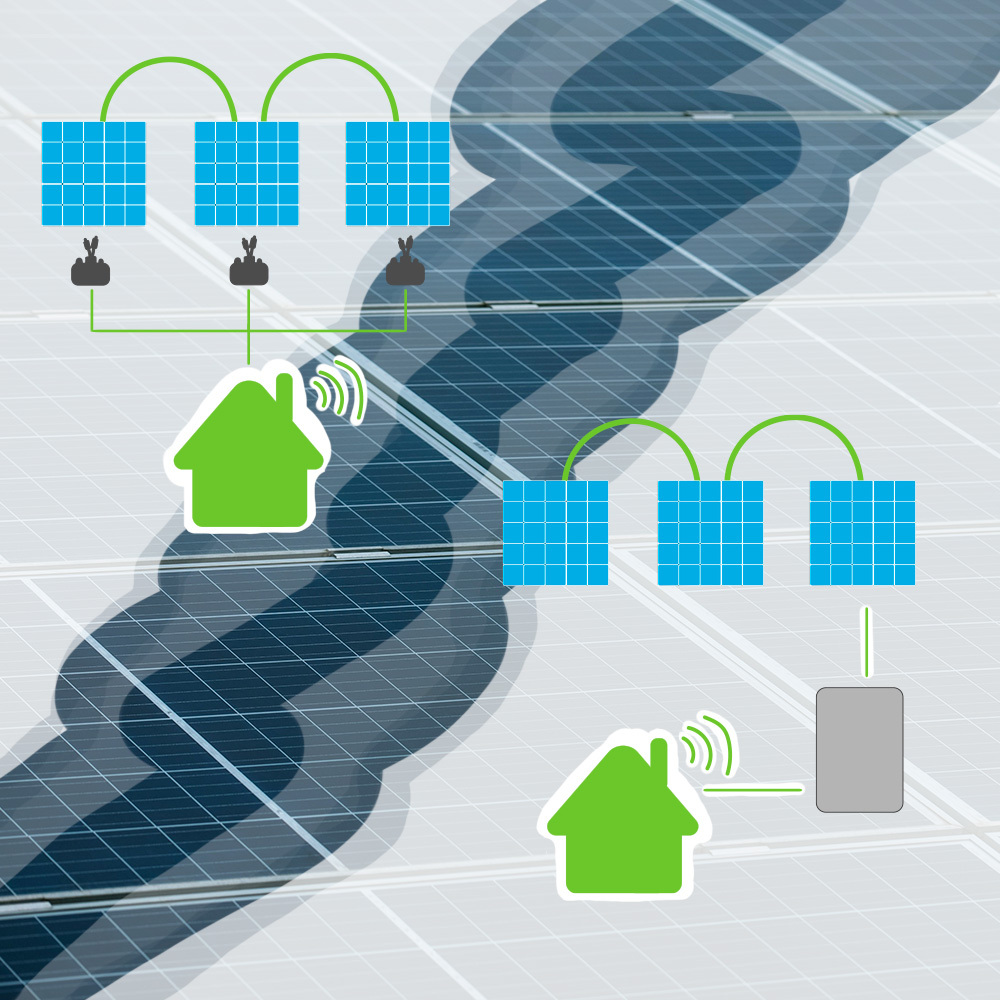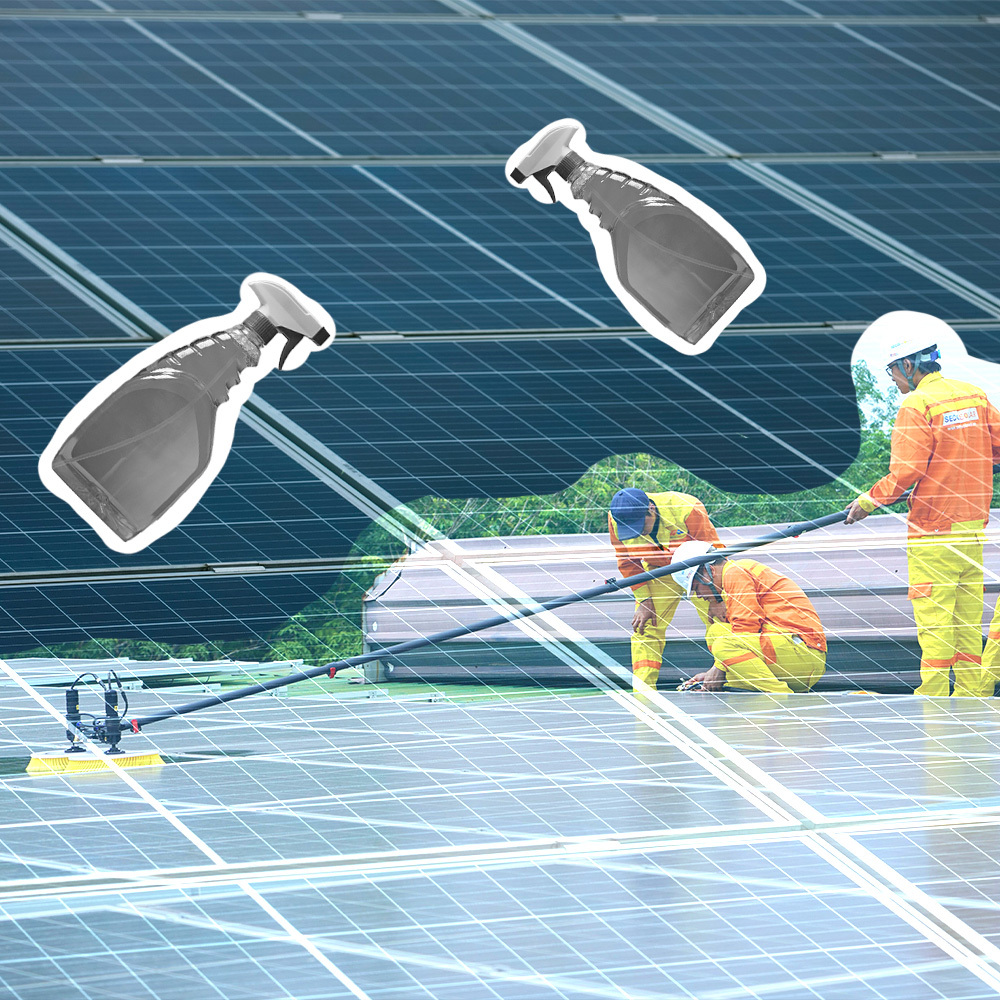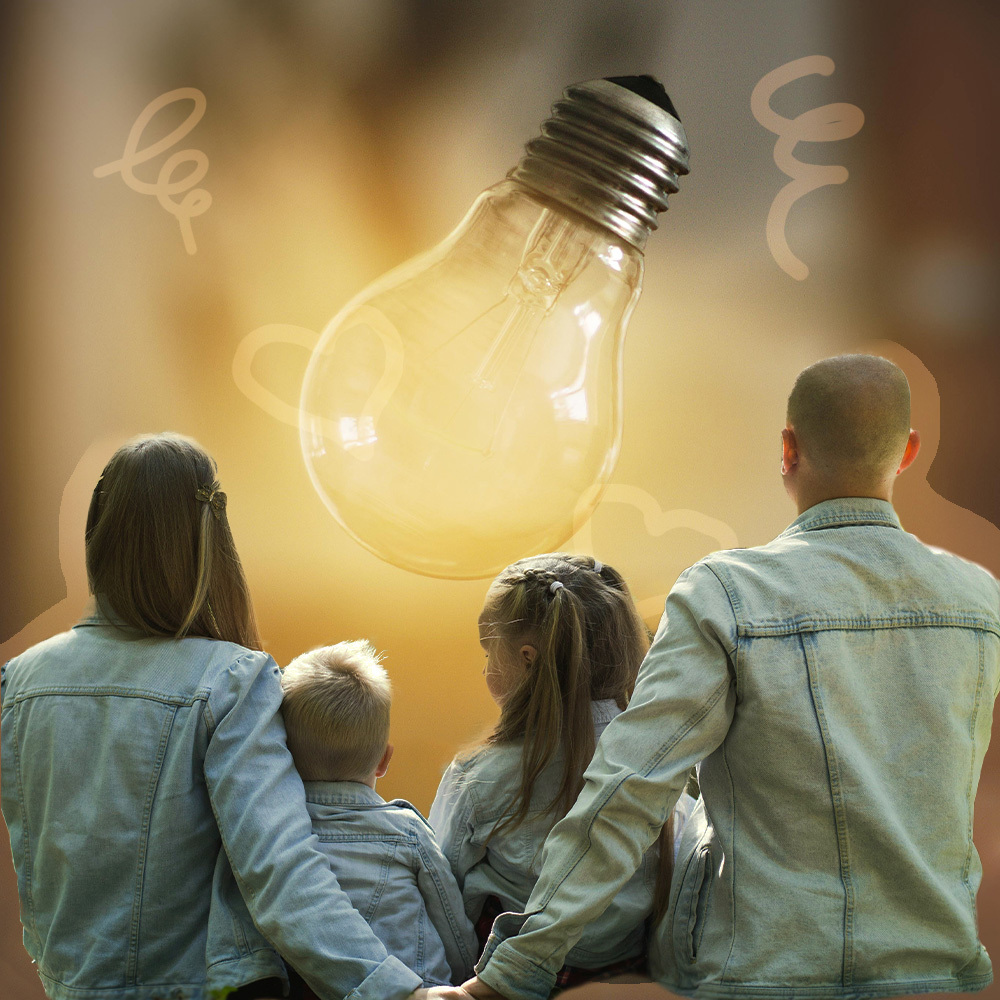
Solar Panels for Beginners: A Parent’s Guide to Going Green
Ensure a greener future for your family with solar panels.
As parents, we are always on the lookout for ways to ensure a better future for our children. One such impactful way is by adopting renewable energy sources, such as solar panels. Solar energy is not just an environmentally friendly option but also a sustainable solution that can improve your household's energy efficiency. However, if you’re new to the world of solar panels, the process of transitioning can be a bit daunting. This guide aims to break down the basics and provide you with the information you need to make an informed choice.
Understanding the Cost of Solar Panels
One of the first questions most parents have when considering solar energy is the financial aspect. The cost of solar panels can vary considerably depending on several factors including the size of your home, your energy requirements, and whether you opt for a purchase or a lease. Generally speaking, a typical residential solar panel system can range from £5,000 to £12,000. While this may seem like a significant initial investment, it’s vital to factor in long-term savings on electricity bills and potential government incentives.

Many local councils offer grants or subsidies to promote the adoption of renewable energy. Additionally, the Smart Export Guarantee (SEG) scheme allows you to earn money by exporting surplus energy back to the National Grid. Therefore, although the upfront cost may be steep, the long-term economic benefits can be substantial.
Benefits Beyond Savings
While the financial aspects are crucial, the benefits of solar panels extend far beyond savings. Solar panels help reduce your carbon footprint, making your household more eco-friendly. With the climate crisis becoming an ever-pressing issue, teaching our children about sustainable living has never been more critical. Adopting solar energy offers a practical and impactful way to instil these values.
Furthermore, solar panels require relatively low maintenance. Once installed, they last anywhere from 25 to 30 years, providing a reliable energy source with minimal upkeep. Regular cleaning and occasional checks are usually all that’s needed to keep your system in optimal condition.
Choosing the Right System
Selecting the appropriate solar panel system for your home is a key step. There are primarily two types of panels available: photovoltaic (PV) panels, which convert sunlight directly into electricity, and thermal panels which use the sun’s energy to heat water.
For most households, PV panels are the more suitable option. They can be installed on rooftops, walls, or even standalone units in your garden. When choosing a PV system, look at the efficiency rating; this indicates how well the panel converts sunlight into usable energy. Higher efficiency panels are generally more expensive but require less space and produce more energy.
Installation and Inverter
It's always advisable to do thorough research and possibly consult with a solar energy expert on installation. The installer will assess your home’s structure, orientation, and shading to ensure maximum efficiency.

An essential component of your solar panel system is the inverter. This device converts the DC (direct current) electricity generated by the solar panels into AC (alternating current) electricity that your household appliances use. There are different types of inverters, such as string inverters and microinverters, each with its pros and cons. The installer can recommend the best option based on your specific needs.
Ensuring Proper Maintenance
Maintaining your solar panels is relatively straightforward. Regular cleaning to remove debris and dust can significantly enhance their performance. Depending on your location, professional cleaning might be necessary once or twice a year.

Additionally, keep an eye on the system’s performance through the monitoring apps provided by most suppliers. These applications can help you track energy production, consumption, and even detect potential issues early on, ensuring smoother operation.
Making it a Family Project
Finally, incorporating solar panels into your home can be an educational experience for your children. Involve them in the decision-making process and educate them about renewable energy’s importance. Schools often discuss such topics, and having a real-life example at home can enrich their understanding.

Stocking up on solar-powered gadgets like garden lights or chargers can also be a fun way to introduce younger kids to the concept. This makes the transition not just a shift in lifestyle but a learning adventure for the whole family.
Adopting solar panels is a significant step towards a more sustainable and eco-friendly future. As parents, leading by example can teach your children valuable lessons about conserving resources and making mindful choices. With the comprehensive benefits ranging from cost savings to contributing towards a greener planet, there's no better time to explore the world of solar energy.











